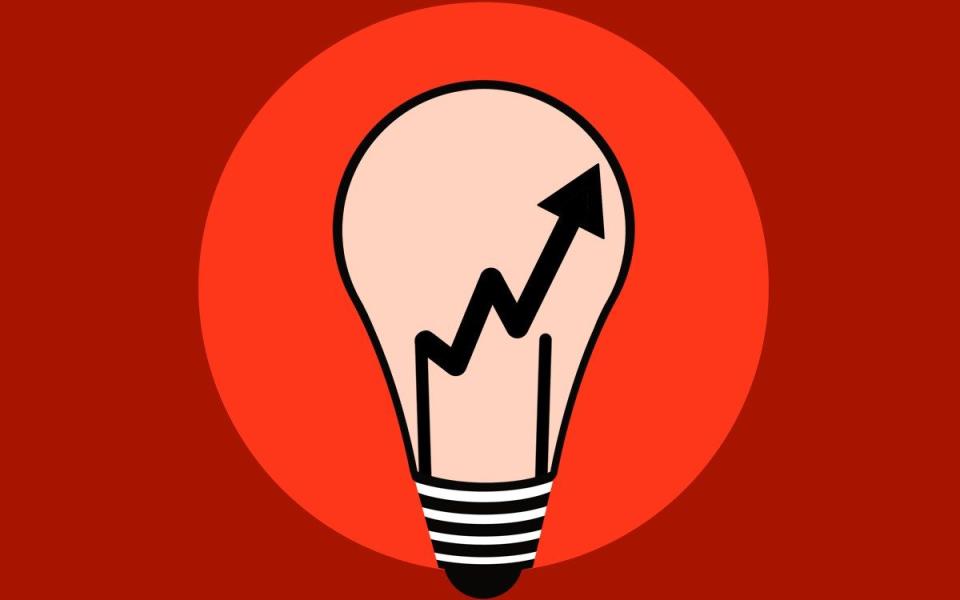Energy bills ‘will fall below £2,000’ from July

Annual household energy bills are expected to fall below £2,000 from July, the lowest level since April last year.
Chancellor Jeremy Hunt revealed in the Budget that government support will ensure the typical household bill would be capped at £2,500 a year for another three months from April to July, as part of the Energy Price Guarantee.
But falling wholesale prices mean that the energy price cap, set by regulator Ofgem, is forecast to drop to £1,981 from July, and again to £1,966 from October, according to analysts at Investec.
If the Ofgem cap dips below the Energy Price Guarantee, households will automatically revert onto the lower rate. The government cap will rise to £3,000 from July.
This is the lowest energy rates will have been since the price cap of April 2022, which was superseded by the government cap last October, experts said.
Martin Young, of Investec, said the predicted reduction of costs was welcome, but “it does not disguise that these estimates are still considerably higher than historic levels, and challenging for many”.
A lower price cap could see the return of fixed rates, Mr Young said. However, fixes were unlikely to be cheaper than remaining on a capped variable deal because of industry rules, he added.
The Market Stabilisation Charge, enforced by Ofgem, requires providers to pay competitors if they poach a customer, which is then priced into energy bills.
Despite the higher prices, households may still be tempted to fix to avoid volatile prices, Mr Young said.
“We need to be cognisant of the fact that when any annual estimate starts with a 2 that’s still much higher than what typical households are used to paying,” he said. “But some people will just want a fix for that piece of mind.”
Mr Young said he expected to see more “innovative tariffs” launch, and suggested tariffs which offer lower rates for electric vehicle drivers would become mainstream. He also called for further support for vulnerable customers.

 Yahoo Finance
Yahoo Finance 